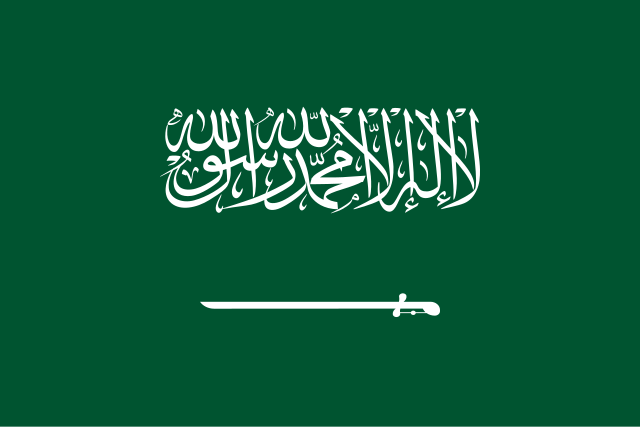
At the heart of the transformation is an intensified digital governance agenda. The government has strengthened its control over media through state agencies such as the Saudi Press Agency, which sets formal guidelines for reporting. Journalists operate under pervasive surveillance, including those based overseas, and the number of imprisoned media professionals has increased over the years. The emergence of private platforms and outlets is tightly constrained, and independent journalism is largely marginalised. Journalists and bloggers critical of the regime are routinely targeted using cybercrime and counter-terrorism statutes.
These controls intersect with the Vision 2030 roadmap, which promotes a more modern, technologically advanced media sector. A significant move in May 2025 witnessed the launch of Humain, a new artificial intelligence company under the Public Investment Fund. Humain is designed to support the Kingdom’s ambitions in AI, cloud technology, and multilingual models, including Arabic language models, creating infrastructure that could influence media production and content analysis capabilities.
Saudi Arabia is also pushing forward digital public services that intersect with media and information dissemination. The Absher government portal now enables the transfer of air rifle ownership online, part of a broader streamlining effort in governance. This is emblematic of a trend towards deploying technology across domains, including news distribution, digital licensing, and regulatory monitoring.
Despite modern platforms, the space for critique remains highly constrained. The execution in June 2025 of journalist Turki al-Jasser for alleged “high treason” drew global censure. He had been detained since 2018 following anonymous social media activity critical of authorities. His execution marked the first such death sentence for a journalist under Crown Prince Mohammed bin Salman’s leadership and highlighted persistent risks for media professionals expressing dissenting views.
Rights groups report that developments in the legal framework could exacerbate censorship. A leaked draft of the forthcoming Penal Code would criminalise vague offenses, such as “insulting” or “questioning the integrity of the judiciary,” and consolidate crackdowns on free expression that already exist under anti-cybercrime laws. Civil society has called for revisions to align with international legal norms.
The media’s content ecosystem is also shifting. The government has shut down numerous music lounges in Riyadh and Jeddah alleging violations of health and hygiene codes, a move observers say reflects tension between modern entertainment expansion and traditional moral strictures.
Meanwhile, the Kingdom is expanding its digital payment infrastructure. The central bank has introduced Google Pay and plans to adopt Alipay+ by 2026—moves aimed at reducing reliance on cash and streamlining commercial transactions. These changes could influence how media companies monetise content, especially in digital platforms.
Economic and industrial reforms under Vision 2030 also intersect with media. The Ministry of Industry and Mineral Resources is promoting content industries as a component of advanced industrial clusters, encouraging localisation and technological innovation across sectors including entertainment, telecommunications and media production.
Survey data from press freedom indices paint a bleak picture. Saudi Arabia ranks near the bottom globally; scores for freedom on the net, civil liberties, and political rights are persistently low. Governments continue to use online censorship, restrictions on internet access, and prosecution of dissent to restrict public discourse.
Topics
Saudi Arabia
